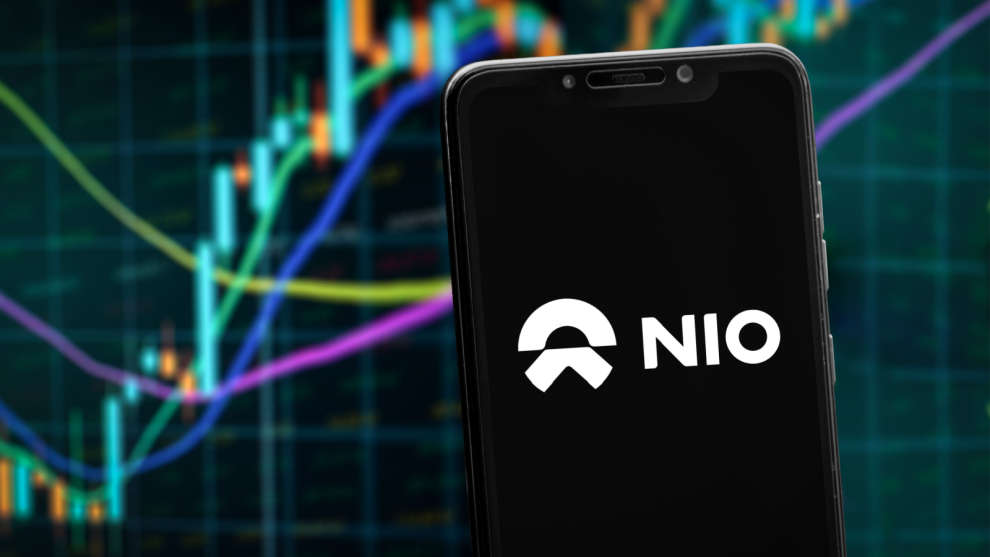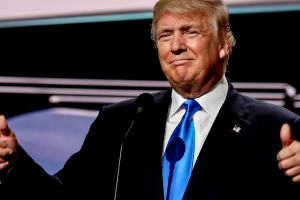Chinese EV maker Nio (NYSE:NIO) recently reported its first-quarter earnings, which disappointed many investors and analysts, to put things mildly. This didn’t seem to hurt Nio stock.
Price cuts led to lower-than-expected revenue growth of only 8% on a year-over-year basis. The company’s adjusted net loss tripled, reaching $604 million.
However, despite mixed results, Nio’s stock price actually got a boost on the news, as investors appear to be broadening out their focus on top EV stocks to add to the portfolio.
Prices will likely remain depressed for some time, and investors concerned about profitability will likely move to other sectors. But for those betting on the long-term rise of EVs, particularly in China, there’s a reason why Nio remains a top option.
| NIO | Nio | $9.78 |
Earnings provide key insights into Nio’s future
Nio stock surged 5% after reporting a better-than-expected Q2 loss and improved June deliveries. The Chinese EV maker also reduced prices by 5% but discontinued free battery swapping for new customers.
NIO stock opened at $8.20 per share, marking a weekend increase. Market cap stands at approximately $13.5 billion, and 2022 revenue reached around $7 billion. Shares have declined about 20% this year.
Nio announced a net loss of $672 million, equivalent to $2.91 per share, for Q1. Sales were slightly lower at approximately $1.3 billion compared to the previous year.
Analysts expressed concern over the decline in cash reserves, which now stand at $2.1 billion. In response, Nio reduced research and business expansion initiatives. Additionally, the company implemented price cuts averaging around $4,200 per vehicle.
Nio Slows Down Expansion Plans
Nio is known for its advanced export plans and battery swap stations in Europe. However, the company has decided to slow down its European expansion and now expects to break even in the fourth quarter.
Initially, Nio had stated that it wouldn’t participate in China’s EV price war, but it has since changed its stance. Nio aims to deliver 20,000 cars per month until the end of 2023 and will shift its marketing focus to China’s rural areas. Despite these plans, Nio only delivered 13,000 cars in May.
Despite the reduction in headwinds, Nio experienced a 22% decrease in deliveries in the first quarter.
The company anticipates a further decline in deliveries for the second quarter, ranging from 23,500 to 25,000 vehicles, along with a projected year-over-year revenue decline of 9% to 15%.
Nio is facing challenges with its vehicle margin due to the pricing competition in China’s EV market. The margin has significantly declined, going from 20.1% in 2021 to 13.7% in 2022, and further dropped to 5.1% in the first quarter of 2023.
Despite efforts to reduce marketing expenses, Nio’s adjusted operating loss almost tripled compared to the previous year, while it continues to invest in expanding its capital-intensive Power Swap network.
What Now
Nio’s slowing sales growth and increasing losses have led to a decline in investor optimism. Factors such as rising interest rates, trade tensions with China, and the possibility of delisting of U.S.-listed Chinese stocks have intensified the sell-off.
Despite analysts’ projections of a 59% revenue increase to $10.96 billion this year, accompanied by a widening net loss of $2.58 billion, Nio’s stock is currently trading at a relatively low valuation.
Of course, Nio’s cautious outlook for the second quarter suggests that these forecasts may be overly optimistic. However, for those betting on Chinese dominance in the race for global EV market share, Nio is among the best pure-play options in this space.
While the stock may appear undervalued compared to its competitors, it is necessary for Nio to stabilize its shipments, enhance vehicle margins, and reduce operating losses before investors can expect multiple expansion.
While I think that’s possible, I can also understand the bearish perspective on this stock. That said, in my view, Nio is among the best risk/reward bets on the more speculative end of the risk curve in the EV market right now.
On the date of publication, Chris MacDonald did not have (either directly or indirectly) any positions in the securities mentioned in this article. The opinions expressed in this article are those of the writer, subject to the InvestorPlace.com Publishing Guidelines.





